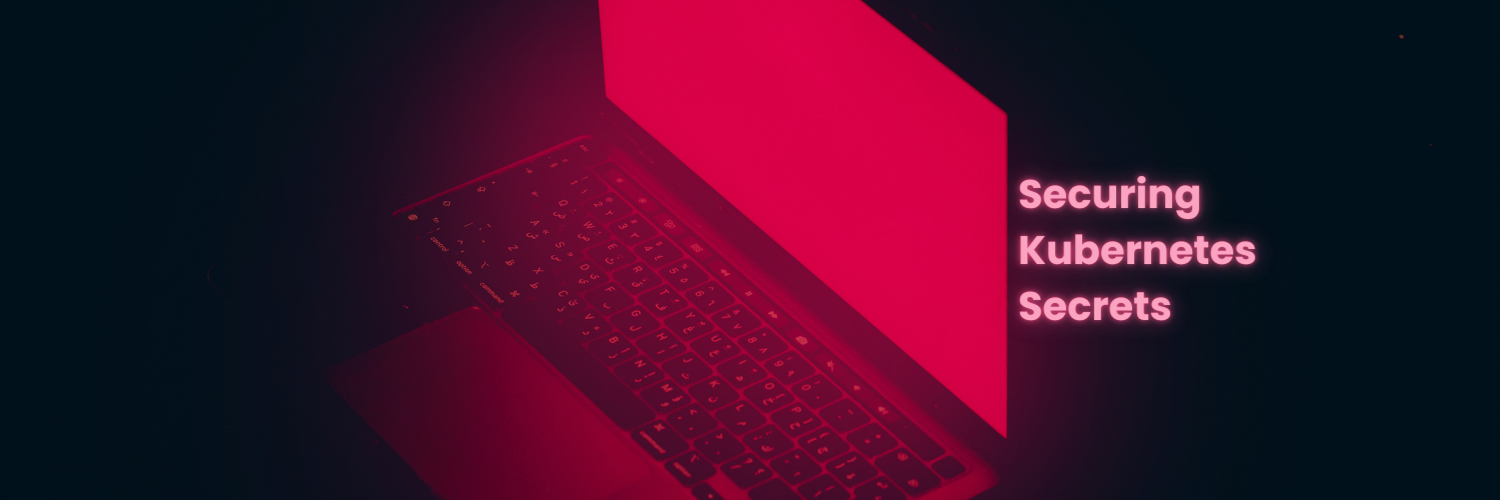5 Best Practices for Securing Kubernetes Secrets
 Midhunsankar
MidhunsankarTable of contents

Kubernetes is a popular container orchestration system that enables organizations to deploy and manage containerized applications at scale. One of the key features of Kubernetes is its built-in secret management system, which allows developers to securely store and manage sensitive data such as passwords, API keys, and certificates. However, it's important to take steps to ensure that Kubernetes secrets are properly secured to prevent unauthorized access and protect sensitive data. In this blog post, we will discuss some best practices for securing Kubernetes secrets.
Use Role-Based Access Control (RBAC)
Role-Based Access Control (RBAC) is a Kubernetes feature that allows administrators to define roles and permissions for users or groups of users. RBAC can be used to restrict access to Kubernetes secrets to only those users who need it. This helps prevent unauthorized access to sensitive data and ensures that only authorized users can modify or view secrets.
Use Network Security Policies
Kubernetes Network Security Policies allow administrators to define network traffic rules within a Kubernetes cluster. By using network policies, you can control which pods can access Kubernetes secrets. This can help prevent unauthorized access to secrets and ensure that sensitive data is only accessible to authorized pods.
Encrypt Data at Rest
Kubernetes Secrets Encryption Configuration is a feature that allows you to encrypt data at rest for secrets stored in etcd, the distributed key-value store used by Kubernetes. You can use a specific encryption provider, such as AES-256-GCM, to encrypt the data before it is stored in etcd. This ensures that even if an attacker gains access to the etcd data, they will not be able to read the secrets without the encryption key.
Use External Secret Stores
External secret stores like HashiCorp Vault or AWS Secrets Manager can be used to store and manage Kubernetes secrets. By using an external secret store, you can centralize secret management, enforce access control policies, and more easily rotate secrets. Additionally, external secret stores can provide advanced security features such as auditing, key rotation, and versioning.
Regularly Rotate Secrets
It's important to regularly rotate secrets to minimize the risk of compromise. By rotating secrets, you can ensure that any compromised secrets are no longer valid and prevent unauthorized access to sensitive data. Kubernetes has built-in support for secret rotation, which can be automated using tools like Kubernetes Operators.
In conclusion, Kubernetes secrets are a powerful feature that can help you manage sensitive data in a containerized environment. However, it's important to take steps to ensure that secrets are properly secured to prevent unauthorized access and protect sensitive data. By using RBAC, network security policies, encrypting data at rest, using external secret stores, and regularly rotating secrets, you can ensure that your Kubernetes secrets are properly secured.
For more deeper understanding, you can refer The Kubernetes Book by Nigel Poulton - Buy from Amazon India
Subscribe to my newsletter
Read articles from Midhunsankar directly inside your inbox. Subscribe to the newsletter, and don't miss out.
Written by
